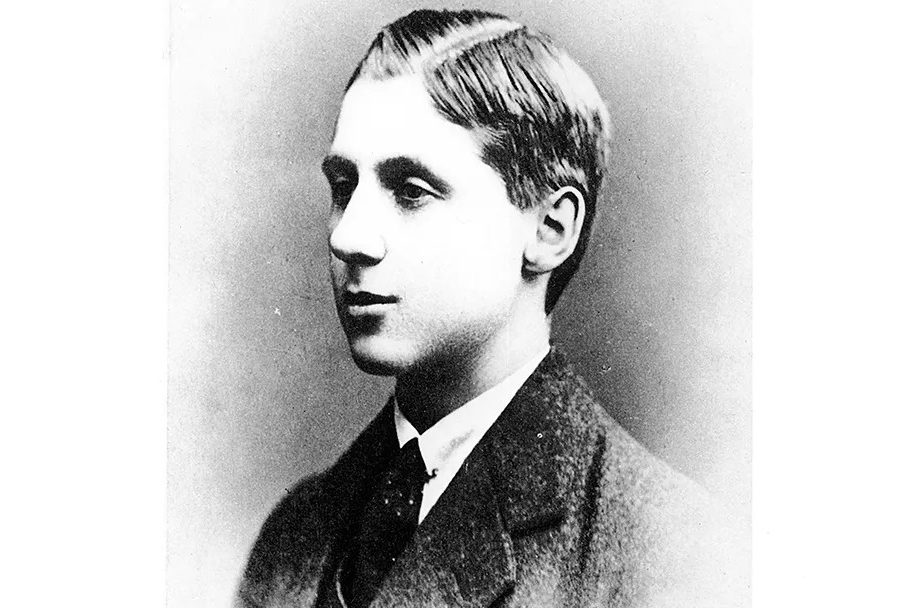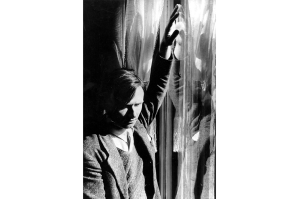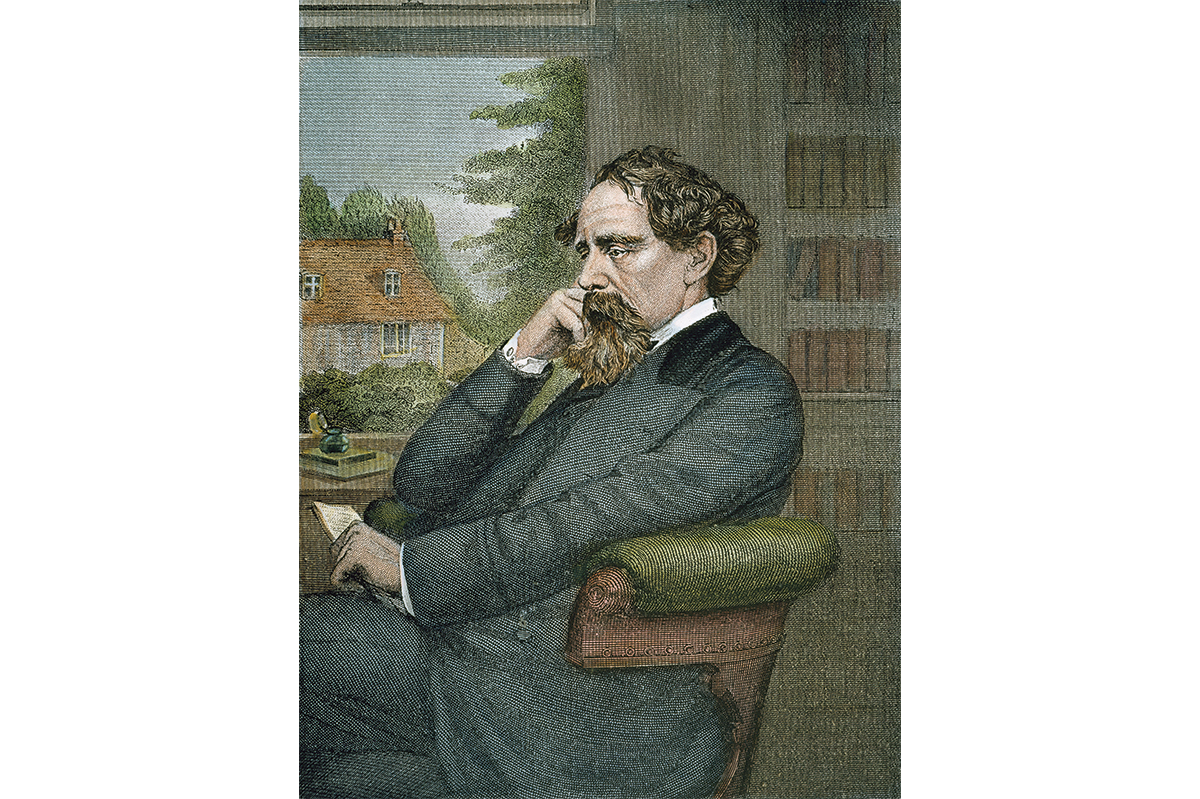Eric Blair, to give George Orwell his baptismal name, arrived in Burma (present-day Myanmar) as a nineteen-year-old trainee police officer at the end of 1922 and left it in mid-1927 just before his twenty-fourth birthday. Not much of his time there had a direct impact on his work beyond a solitary novel, Burmese Days (1934), two luminous essays, “A Hanging” (1931) and “Shooting an Elephant” (1936), a poem or two and a scattering of autobiographical fragments, most of which turn up in the second half of The Road to Wigan Pier (1937). None of his letters home survives and only a handful of reminiscences by people who knew him as a servant of the Raj.
All this is fertile ground for the Orwell speculator, and Paul Theroux’s latest novel offers a well-informed (the Orwell scholar Jeffrey Meyers is thanked in the acknowledgements) extrapolation of Blair’s time in the East. Half of it is a burnished-up version of things we know, or assume, to have happened and the other a series of events which can only have taken root in Theroux’s imagination. None of it is implausible, although it should be pointed out that most biographies of Orwell cover the Burma years in a single chapter, whereas Theroux has managed to string them out to a whopping 392 pages.
All this, inevitably, means that the supporting detail gets laid on with a trowel. So we see Blair on board a ship during his outward journey, Blair en route to the police training school at Mandalay, Blair meeting his mother’s Limouzin relatives, falling in with the opium-smoking Captain Robinson (Q: Did Orwell smoke opium? A: There is no way of knowing) and getting to grips with his professional responsibilities. As you may imagine — this being the standard biographical line — our man is a dark horse, rarely offers an opinion on how he ought to be treating the natives and spends his leisure hours reading H.G. Wells’s novels and Samuel Butler’s notebooks.
Conscientious about his duties and fluent in the local languages, Blair also, and equally inevitably, watches a man being hanged and shoots an elephant. He is, you may not be surprised to learn, a great one for the ladies, sleeps with roomfuls of Burmese prostitutes and has a tremendous time with the obliging grass widow Mrs. Jellicoe. Sex at the Monkey Point brothels — this is one of the really speculative bits, by the way — is apparently “magic, mind-expanding, enacted in energetic postures that he recalled later, because remembering, savoring, eased the tension in his brain.”
Books of this sort nearly always have their prefigurative sheen, the twitch upon the thread that stirs a whole creative world into being. Here it comes at the moment when the young officer is invited to inspect a corpse whose face has been chewed away and is informed: “The ratsbegun on him when we found him in the ditch.” Some similar sleight of hand attends the final scenes in Katha, early in 1927, in which much of the plot of Burmese Days is painstakingly laid out.
The novel sails home to port, as did the real Blair’s time in Burma, with his falling victim to dengue fever and being sent back to England on sick leave; a second virus — in this case anti-imperialism — is already starting to infect his bloodstream. As a piece of imaginary biography, Burma Sahib is atmospherically and decorously done, but Saint Jack (1973) or The Family Arsenal (1975) — to name only two highlights from Theroux’s golden age — it is not.
This article was originally published in The Spectator’s UK magazine. Subscribe to the World edition here.


























Leave a Reply